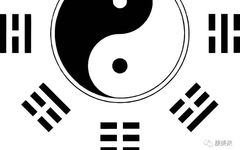
The Huangdi Neijing states: “Yin and Yang are the principles of heaven and earth, the framework of all things, the parents of change, the source of life and death, and the abode of the spirit. To treat illness, one must seek the root cause.”In plain language:Life is a state of internal stability, which is derived from the balance of Yin and Yang within the body. Once Yin and Yang are out of balance, illness occurs. Conversely, when one is ill, it is necessary to adjust Yin and Yang to treat the illness.In Traditional Chinese Medicine (TCM):“Yin diseases are treated with Yang, and Yang diseases are treated with Yin. Heat is treated with cold, and cold is treated with heat.”
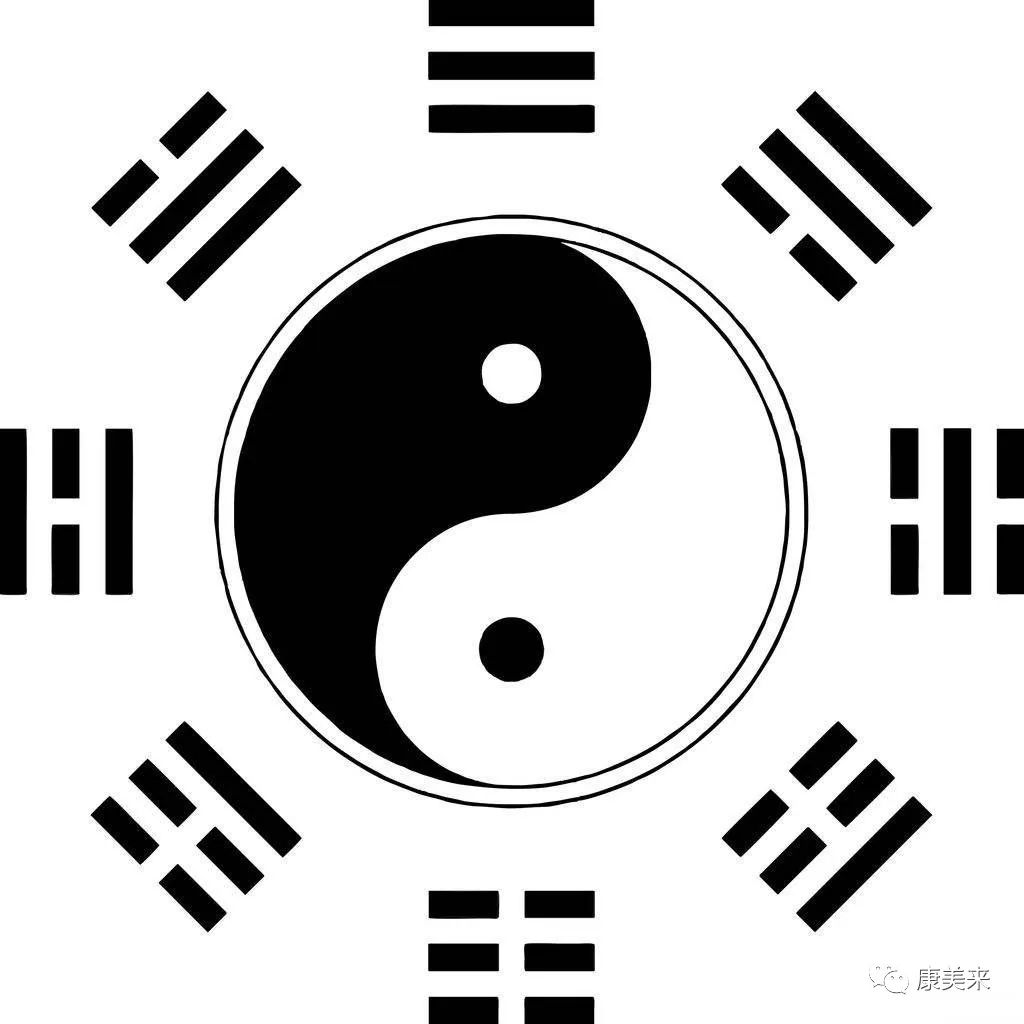

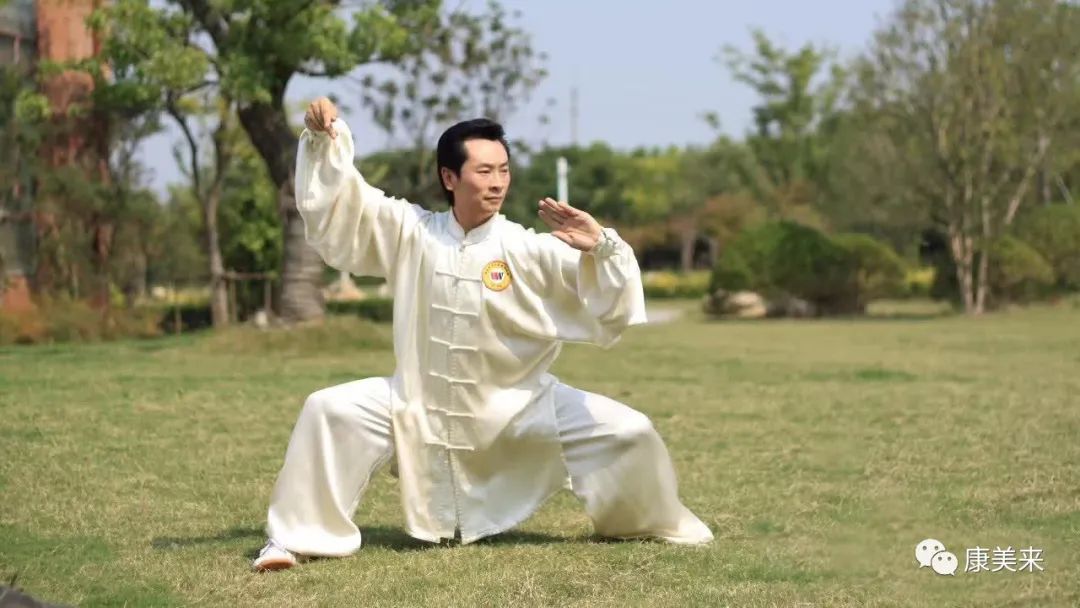
Modern TCM experts believe:The characteristics of Yang energy are warmth, brightness, dryness, excitement, and exuberance, while the characteristics of Yin energy are coldness, darkness, moisture, inhibition, and decline.Internally, Yang Qi is the fire within the body, and Yin fluids are the water within the body. When there is an excess of Yang Qi, the fire becomes intense; when Yang Qi is deficient, Yin fluids become excessive.Therefore, generally speaking,one can determine their constitution based on the characteristics of Yin and Yang energy. If one frequently experiences cold hands and feet, fatigue, low energy, little desire to speak, spontaneous sweating, or edema, it can be determined that there is a deficiency of Yang and an excess of Yin in the body.Conversely, if one often has hot hands and feet, dry mouth and tongue, excitement, irritability, or similar symptoms, it can be determined that they belong to a constitution of excess Yang and deficiency of Yin.

Common Yang foods include: ginger, leeks, fennel, chili peppers, black pepper, pumpkin, cilantro, chestnuts, onions, scallions, black tea, and alcohol.Warm herbs that can be used as food and medicine include: Ganoderma lucidum (Lingzhi), Ganoderma lucidum spore powder, raspberries, and goji berries (Gouqi).
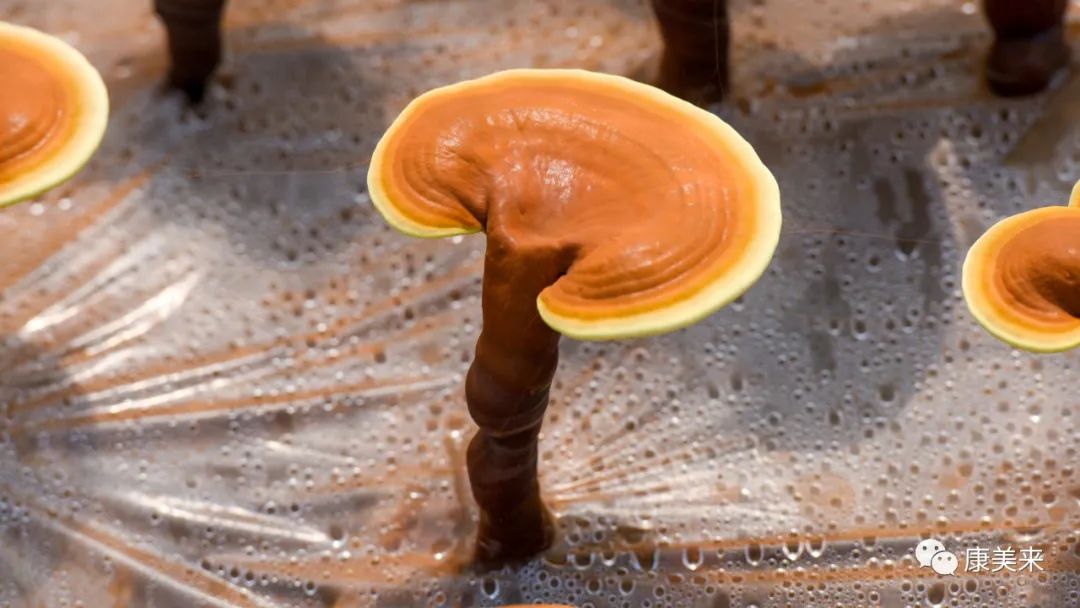
Common Yin foods include: bitter melon, water spinach, purslane, fish mint, spinach, bitter herbs, lotus seed hearts, loofah, cucumber, celery, and green tea.Cold herbs that can be used as food and medicine include: Dendrobium candidum (Huoshan Shihu), Dendrobium officinale (Tiepi Shihu), and American ginseng (Xi Yang Shen).
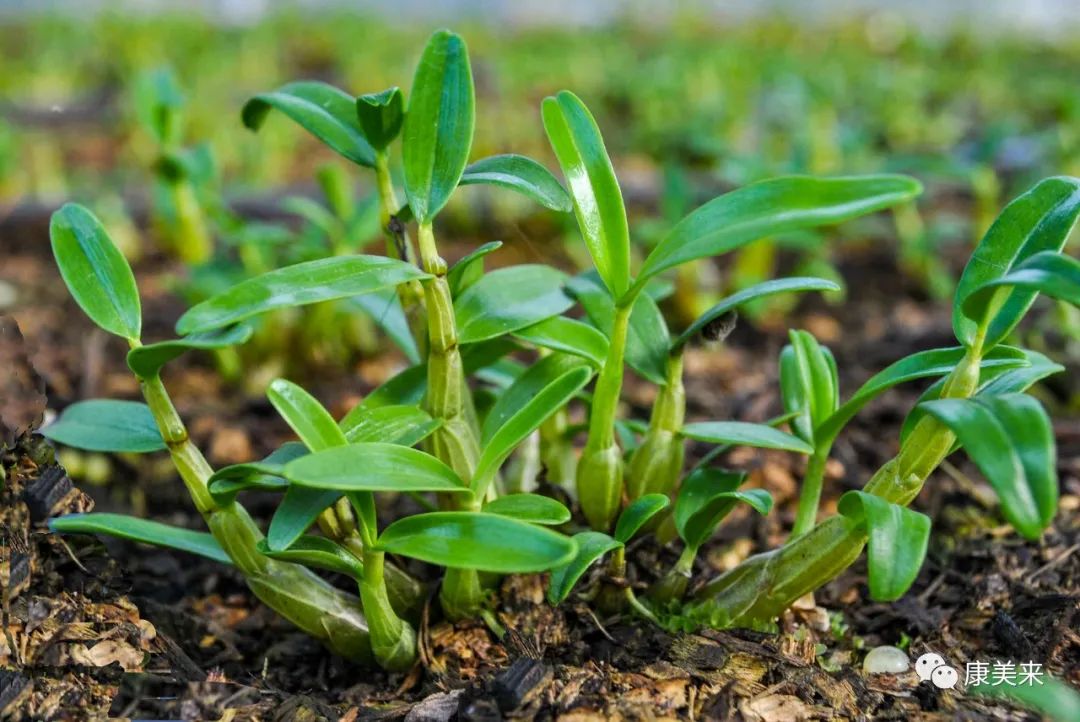
Common neutral foods include: white fungus, soybeans, yam, black sesame, peanuts, potatoes, cabbage, round cabbage, carrots, black fungus, and eggs.Neutral herbs that can be used as food and medicine include: Hericium erinaceus (Monkey Head Mushroom) and Poria (Fu Ling).
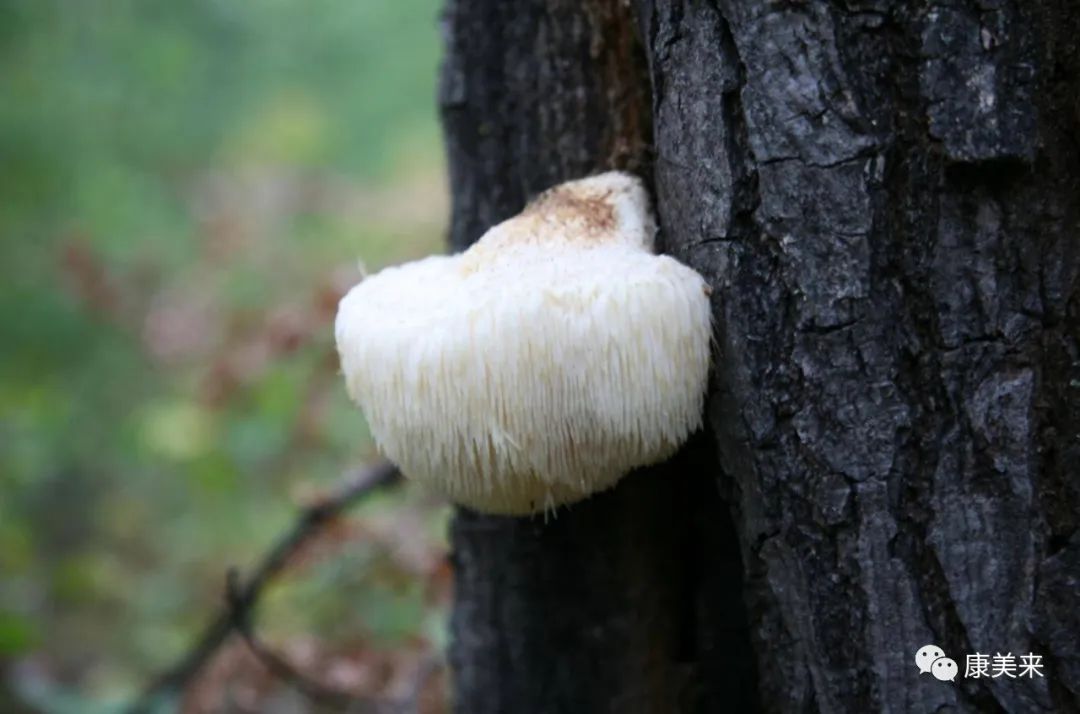

If one has a Yang constitution, they should eat more Yin foods to regulate; if one has a Yin constitution, they should eat more Yang foods to balance.
For example, when catching a cold, it is generally understood that cold air has entered the body.Cold substances belong to Yin, thusit can be seen that there is an excess of Yin Qi in the body.At this time, eating some Yang foods to balance is very beneficial.Foods like scallions, ginger, brown sugar, and perilla leaves are Yang and very effective, so consuming such foods can help treat a cold.

If one has low immunity and poor disease resistance, then using Ganoderma lucidum (Lingzhi) and broken wall Ganoderma lucidum spore powder can help to strengthen the body and restore the balance of Yin and Yang.
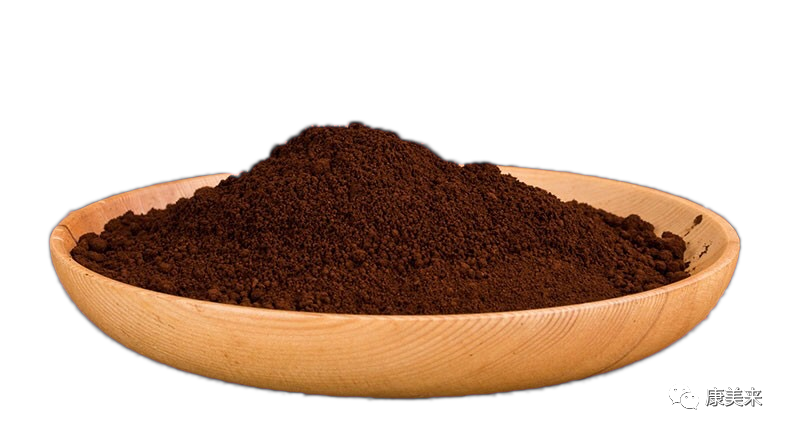
If one has kidney deficiency and fatigue, with decreased sexual function, then using raspberries, Polygonatum (Huangjing), goji berries (Gouqi), and Dendrobium officinale (Tiepi Shihu) can help tonify the kidneys and restore balance.
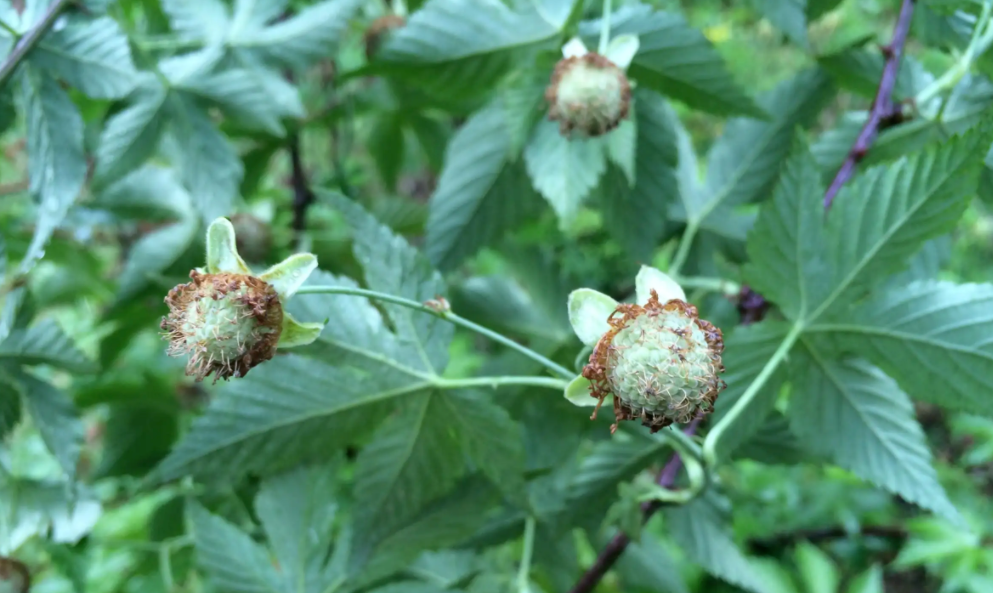
If there is discomfort in the stomach and decreased appetite, then using Hericium erinaceus (Monkey Head Mushroom) can help regulate stomach function.
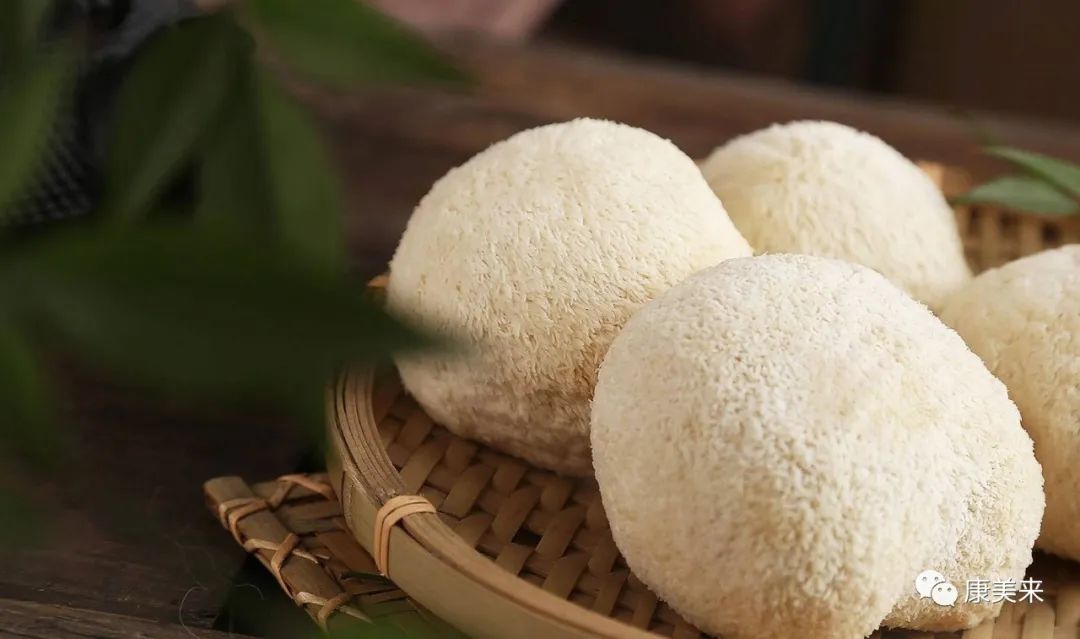
The above are some points of knowledge for self-care and health preservation. Chinese medicine is profound and excels in methods for health and longevity. If ill, one should seek medical advice and treatment promptly.

